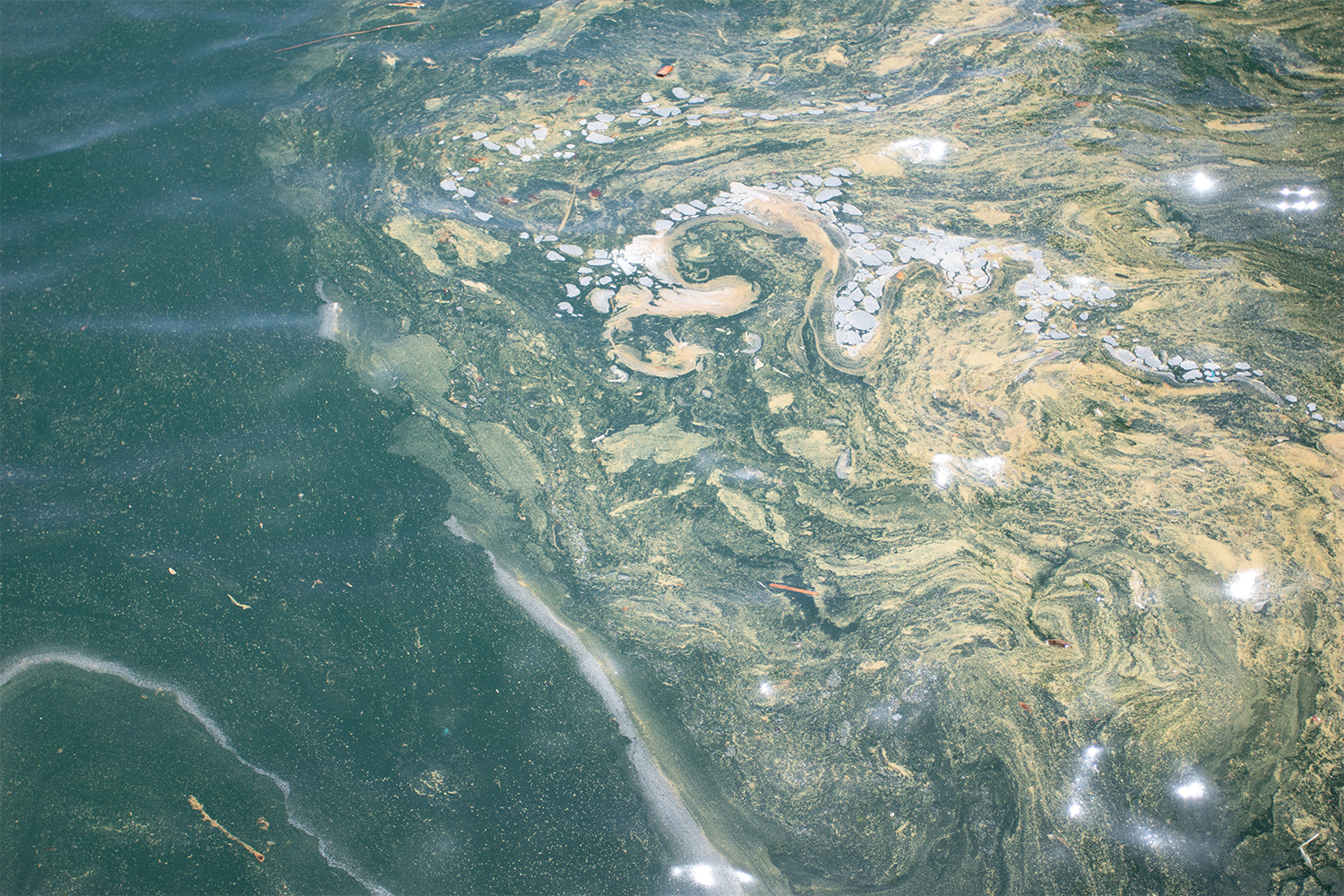
Veterans and their families who lived or worked at Camp Lejeune, North Carolina, in the 50s to 80s are at an increased risk for a large number of diseases and disorders due to exposure to water that the government knew was contaminated. For those with lasting negative health effects, there are a few benefits programs available. And now a new law signed by the President on August 8, 2022, known as the Camp Lejeune Justice Act (part of the PACT Act), will also offer Veterans the chance to sue the government for civil damages.
Veterans with negative health outcomes due to the contaminated water at Camp Lejeune may be entitled to monthly disability compensation from VA. In order to gain this benefit, you must submit a claim to VA on the proper form. In most cases, that will be a VA Form 21-526ez. But if you’ve claimed a disability similar to the one you’re claiming, then you’ll have to use a different form called a 21-0995 supplemental claim, and you’ll have to attach new evidence that VA didn’t consider previously.
If you lived or worked at Camp Lejeune as an active servicemember, reservist, or in the National Guard for at least 30 days between August 1,1953, and December 31, 1987, then VA will presume that you were exposed to the contaminated water. This gives you the benefit of not having to show evidence of your exposure.
Further, if you now have one of the following disabilities, VA will presume that it’s related to the water contamination—meaning you won’t have to show any evidence at all other than the fact that you were at Camp Lejeune for at least 30 days during the relevant period (which VA should have access to those records):
If you have a disability other than those above, you can still potentially get disability compensation, but you’d have to provide evidence to VA that your conditions is at least as likely as not related to your service (at Camp Lejeune or otherwise).
Veteran’s who lived or worked at Camp Lejeune and their family members may also be able to get access to VA healthcare or reimbursement for care for certain disabilities presumed related to the contaminated water. These conditions include:
The Camp Lejeune Justice Act now allows any Veteran who lived or worked at Camp Lejeune from August 1, 1953, to December 31, 1987, to sue the U.S. government for additional damages. Normally, the government is immune from lawsuits like this, but this new law creates an exception that will allow these lawsuits for the next 2 years.
Lawsuits must be brought in the next two years in the U.S. District Court for the Eastern District of North Carolina. Veterans will be able to claim monetary damages for harms that are related to the presumptive conditions listed above, or to other conditions if you can show they are at least as likely as not related to the Camp Lejeune water contamination.
The law doesn’t specify what kinds of damages are available, other than prohibiting punitive damages. So you could potentially win reimbursement for medical expenses, lost wages, and potentially less tangible harms such as wrongful death damages or more.
One thing to be aware of is that any amount you win in one of these lawsuits will be offset by compensation you might receive in VA disability, Medicaid, or Medicare for the same harms.
These claims will likely be very complicated, so it’s a good idea to reach out to an experienced and knowledgeable legal team to discuss your options and help you put together the most successful claim.
Our monthly newsletter features about important and up-to-date veterans' law news, keeping you informed about the changes that matter.